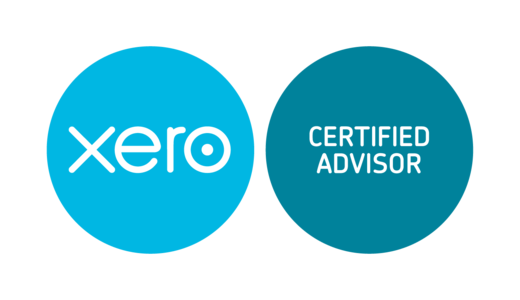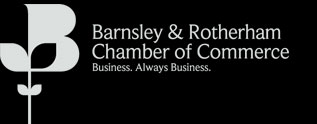HMRC have recently clarified what ‘trivial benefits’ are under the UK tax scheme, how they are logged according to tax, and who can receive them. If you’re a company owner or director, they may be very useful to you in terms of improving staff morale and saying ‘thanks’ when employees go above and beyond for the company
However, the name ‘trivial benefits’ is in my opinion a bit misleading. Although ‘trivial benefits’ have been allowed for many years in different forms, the new rules and clarification appear to be designed to better suit the modern way of working. I’ll explain more, but firstly note that I’m purposely being careful to not use the work ‘reward’ – you’ll see why later. For example, imagine the scenario where you get a rush or work and have to ask your employees to work late one night. Paying for their taxi home could be classed as a ‘trivial benefits’. At the end of the week, everyone has gone so far above and beyond, you buy pizza for the office on Friday lunchtime. Again probably classed as a ‘trivial benefits’. However, giving your staff an extra cash reward for the work would NOT be a ‘trivial benefit.’
A ‘trivial benefits’ is a small benefit you can give to staff without incurring tax, however, there are some caveats. For example, to begin with, the company providing these ‘trivial benefits’ can’t be a ‘close company’. A ‘close company’ is, broadly speaking, a company that is owned or controlled by 5 or fewer ‘participators’ (e.g. someone with voting power, owner of share capital of the company, someone with rights to capital on winding up, shareholders, directors, or loan creditors). HMRC define a ‘close’ company as “A close company is a limited company that’s run by 5 or fewer shareholders” (https://www.gov.uk/expenses-and-benefits-trivial-benefits)
According to the HMRC website, to be classed as a trivial benefit, gifts should also have to:
- cost the company £50 or less to provide (per employee)
- not more than a total of £300 total per year
- not be cash or a cash(able) voucher
- not a reward for their work or performance
- not in the terms of the employee contract
Many people would simply define ‘trivial benefits’ as small ‘token gifts’ given by management to their employees (on an occasional basis)
Trivial benefits are also in addition to the ‘annual event’ or staff entertaining allowance you can claim as a director, which is currently set at £150 per head and includes the cost of food and drink, accommodation, and transport.
This article is simply a simplified guide to give company directors a quick ‘rule of thumb’ about what may be and may not be classed as ‘trivial benefits. And it’s also very important not to confuse ‘trivial benefits’ with ‘taxable benefits’. For a more comprehensive explanation of what is and isn’t allowable under ‘trivial benefits’, you can call the HMRC employer helpline (https://www.gov.uk/government/organisations/hm-revenue-customs/contact/employer-enquiries) or view the HMRC website page ‘Tax on trivial benefits’ (https://www.gov.uk/expenses-and-benefits-trivial-benefits)
Contact Millhouses Accountancy for more info about ‘trivial benefits’
For more information about ‘trivial benefits’ or other expenses that companies can claim for, call Millhouses Accountancy today on 0114 345 0960 or send us a message through our contact page







